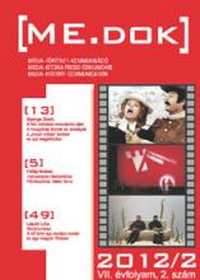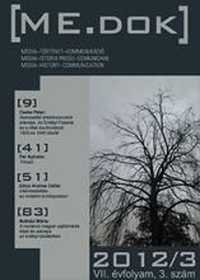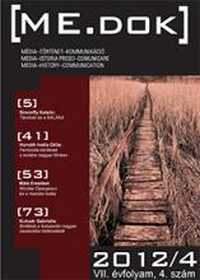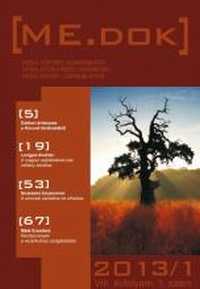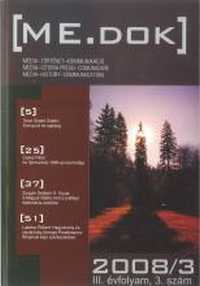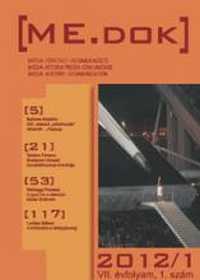
Mass-víziók, avagy sportos gondolatok a tömegkommunikációs eszközök fejlődéséhez
The spread of television is a world phenomenon. Although Hungarian researchers were prominent in the technical development of television (Dénes Mihály et alia), the spread of watching television has occurred mostly West of Hungary (US, Germany, France, England), revolutionizing the previous mass communication devices. As a result of the (mainly political) changes in the 1990s (Hamar et alia,2009), the regulation on media appeared (Media Law, 1996) and the multi channel system already existing in Europe developed as a consequence of the share of mostly non-Hungarian economic interest groups (Urbán, 2004). The appearance and spread of commercial television increased the daily average time of watching television (Takacs, 2008), and the dynamic increase is followed by as lower but still increasing pace (Urbán, 2004).
More...
